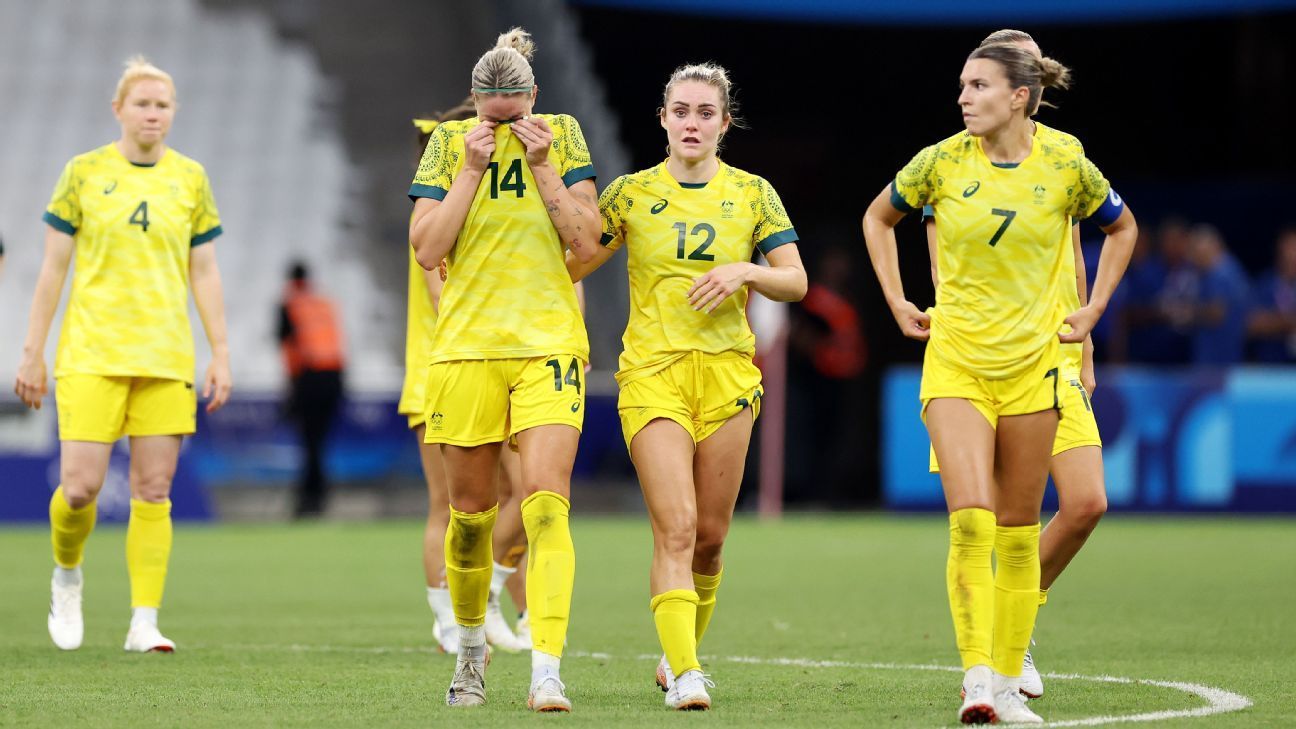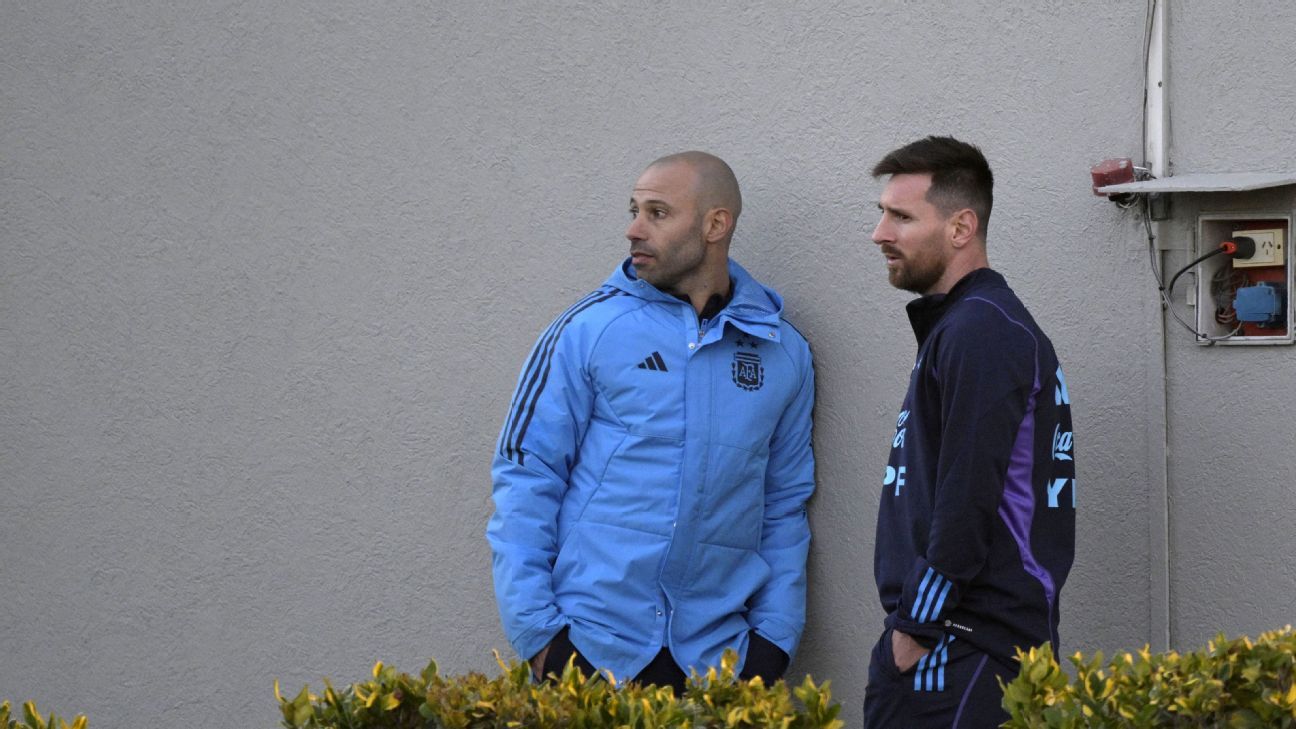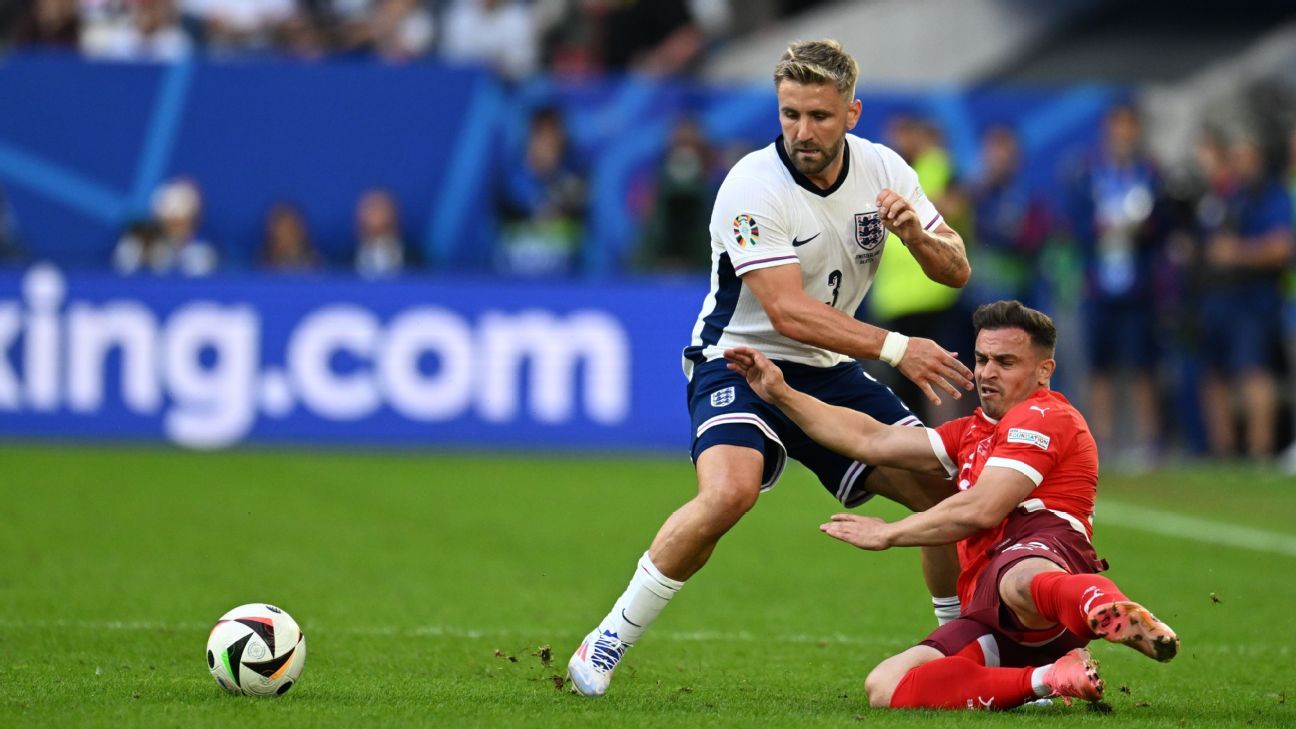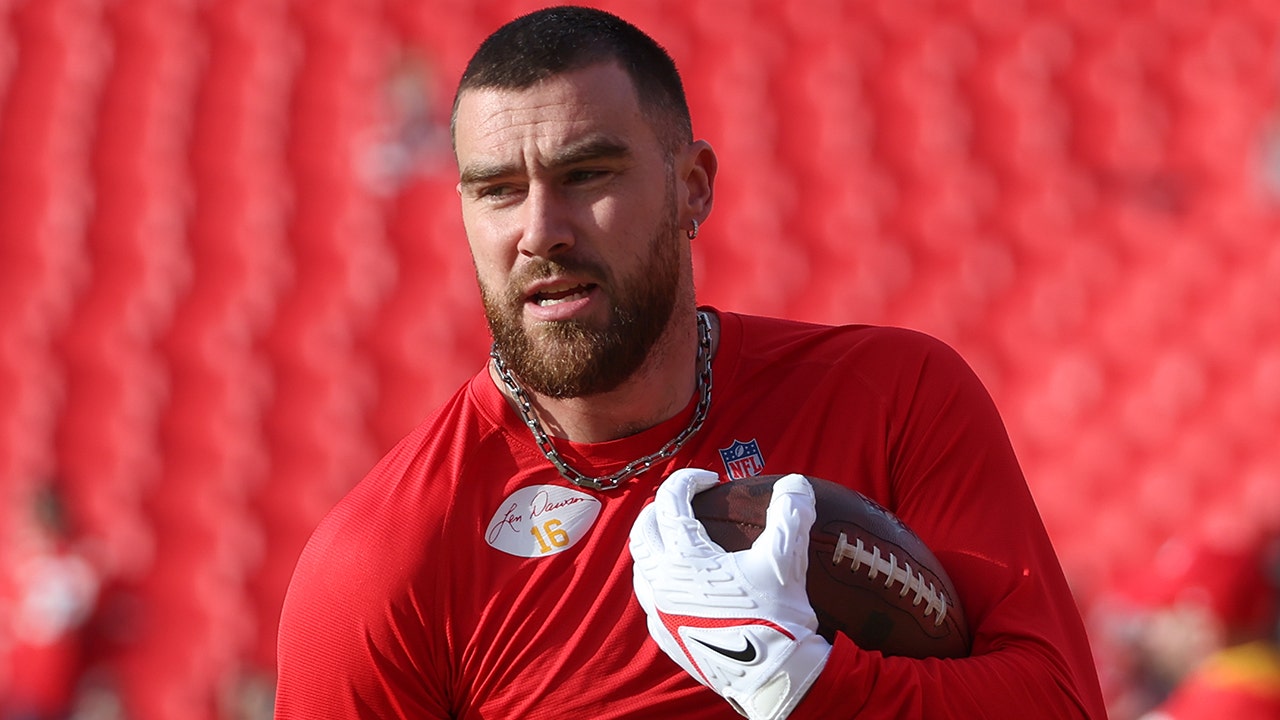It is hope that kills you. Arguably even more so when hope has no right to exist.
Nothing in this Olympic campaign suggested the Matildas deserved to reach the knockout stages at Paris 2024, and there was even less evidence they would have been any good had they managed to advance.
Wednesday's 2-1 loss to the United States in the opening game confirmed that the Matildas' fate was no longer in their hands. A 1-0 win by Canada over Colombia later confirmed the reigning gold medallists' passage into the quarter-finals, despite a six-point deduction for the drone scandal, with Colombia and Brazil taking third place ahead of Australia.
This means the Australians have been eliminated at the group stage for the first time since Sydney 2000, equalling their worst performance at a Games. And it was their worst showing at a major tournament for a long time, certainly in the Tony Gustavsson era.
It seems absurd to think there was any hope, but there was hope in the hearts when the game took so long to restart after Trinity Rodman's opening goal. When it was discovered that it was just a technological failure (the VAR centre and the referee couldn't communicate), that hope evaporated as quickly as it had arisen.
And when Alanna Kennedy was thrown onto the pitch in the final minutes of that game (that much-maligned and ever-present Gustavsson back-up plan) and scored a goal, there was a small part of many Australians who thought, “Surely not. But maybe?”
Hope is the reason Australian fans get up in the middle of the night to watch their team. Hope is what drives these athletes to try to win games and titles.
Hope was there because Ellie Carpenter was heartbroken at the end of the 90 minutes. Hope was there because Kennedy was frustrated, as evidenced by her choice of words caught on camera after missing a clear-cut chance in the game’s final minutes. Hope was there because Steph Catley, when speaking to Nine after the game, couldn’t hide how heartbroken she was at the prospect of having led the team out for the last time at the Olympics.
The point is that hope is powerful and necessary, but hope alone does not allow you to win football matches. It is a starting point, a driving force, but not the whole picture.
As the rest of the tournament progresses, Australia will be left with the thought of being eliminated from the group stage, and will look back on three group games that will become increasingly clearer as time goes on. Germany came off the field ferociously and the Matildas had to play catch-up from the start. It was always going to be a tall order, but the reality was daunting.
When the team needed to be composed and effective, they found themselves in chaos against Zambia. Yes, winning the match 6-5 is better than losing the match 6-5, but a series of goals was a situation the team should not have found themselves in.
And when the Matildas faced the United States women's national team, with fate slipping away from them, the sugar rush of victory over Zambia turned into that sick feeling in your stomach.
The Matildas' game plan on Wednesday was to prioritise defence and seek goals on the counter-attack. After the team's first two poor defensive performances, this game improved, although they conceded another goal from a set-piece.
Using five players on defense, with Kaitlyn Torpey included in place of Emily van Egmond, made the team look more solid. It was a game plan that had worked once before, when the Matildas earned their only win over the United States in 2017 at the Tournament of Nations. However, relying on a counterattack to score a goal required something this team simply didn’t have. Without Sam Kerr, attacking opportunities are hard to come by for this Matildas team, whether it’s enough players, the right final pass, or a stronger finish. In the end, that was never going to be enough against the might of the U.S. women’s team.
After a short break, the Matildas will return to their clubs, ready for another year of domestic football. And as they do so, Football Australia will need to plan its next course very carefully because what lies ahead for Australia could set up a new generation for success or failure.
The Matildas will enter the year off of the four-year cycle that governs football. This time next year, the players will enjoy a well-earned break after an almost relentless schedule over the past three seasons. But 18 months is a long time. Their next major tournament will be the Asian Cup on home soil in 2026. And in that time, the Matildas are likely to undergo a process that all national teams must go through: regeneration.
With much of the team in their 20s and 30s, change is inevitable. Lydia Williams, who announced her retirement before the Olympics, is unlikely to be the only player to retire. Other players will eventually drop out of the team, such is the natural life cycle of a team.
The time has come to make way for this new generation of players and give them time and space to adapt and learn the ropes of international football, just as all current players have done. The advantage and disadvantage of this process is time. These players will learn in a less stressful period of the cycle. The flip side of that coin is that it will be a long time before they are subjected to the pressure and intensity of a senior national team tournament.
1:59
Lawson: It's remarkable that Canada has qualified for the Olympic quarterfinals
Sophie Lawson reacts to Canada's qualification for the quarter-finals of the Olympic women's soccer tournament despite being docked six points for spying with a drone.
But it is a necessary process and one that requires specific leadership. That brings us to the discussion of Gustavsson’s future. Contractually, the Swede has managed his last game in charge of the Matildas. The question Football Australia must answer first is whether or not Gustavsson is the right person to lead the Matildas into this new chapter.
The results of this tournament aside, this should be the conclusion of the Gustavsson era. The legacy of his reign deserves an article of its own, but for now it seems obvious that he did what was asked of him: lead the Matildas to the World Cup on home soil.
What is needed now for the Matildas demands a different skill set and a different type of leadership. The next coach will have to find the next generation of players, those who can answer the questions that have been raised over the years. Where will Australia’s goals come from in a future without Kerr? What will the Matildas’ midfield look like without Katrina Gorry? Who is next in line to fill the gaps at centre-back and left-back? Do the answers already exist within the line-up or are they emerging or do they need to be re-embraced? What style of football will this next iteration of the Matildas play?
And will the new coach be given support and resources to not only reach the heights of the current generation, but also surpass it?
These are the questions that will be answered in the coming weeks as the national team looks back on this disastrous tournament. A low point like this should serve as the necessary impetus to find the solutions and try again. The Olympics may be over for Australia, but football, the chase and the journey of the national team never really ends.
That's the beauty of it all. New things can emerge from these dark moments. As much as hope kills you, it also feeds you.












